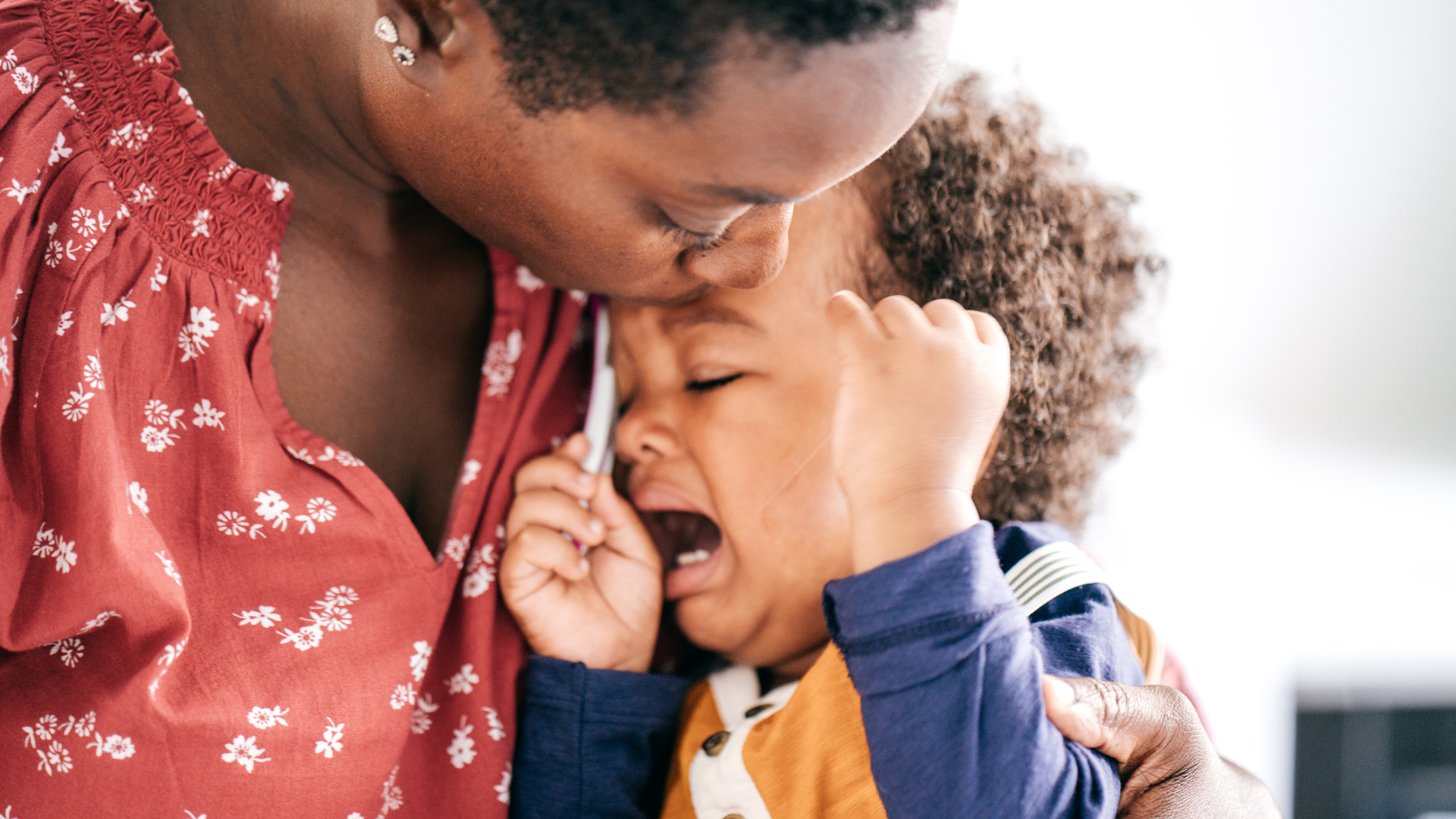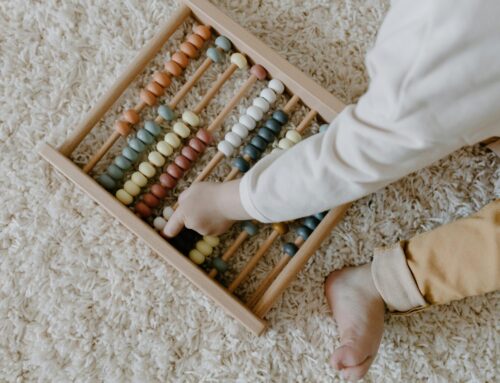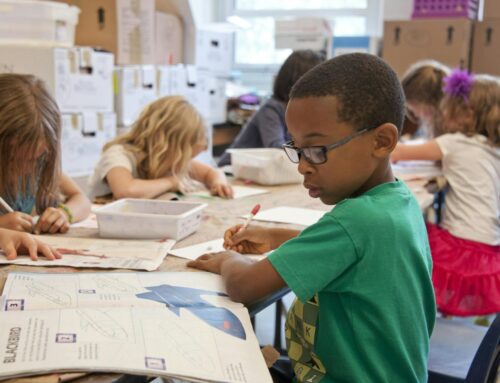By Emma Daniels
Starting at a new centre, it’s a time of big emotions, for you and your little one. The excitement and trepidation about new friends, new spaces and new routines. It’s a lot! As children settle into their new place, you may encounter tears and tantrums. It will tug at your heart strings, and you may question if you are doing the right thing. Let me start by saying, you are the expert on your child, you know them better than anyone. At the end of the day you need to follow your instincts. However, it is also helpful to understand that this is normal growth and isn’t always comfortable. So how do we support our little ones at drop off?
Top tips for easier drop offs:
Leave enough time at drop off, so it isn’t rushed (if you can)
Asking your child to show you something they enjoy doing can help ease the transition into care. They become distracted or engaged and they don’t have to say goodbye straight away. But be careful not to hang around too long, as this can have the opposite effect. 10 minutes to read a story is plenty.
Always say goodbye (then leave quickly)
This one is a hard one. The temptation is to sneak out while they are happy, and it makes sense. However, more often than not this can cause them to take longer to settle over time. Next time they are dropped off they may be more hesitant to leave your side as they think you will disappear. So as hard as it is, always say goodbye. And then leave quickly, don’t linger once you’ve said you’re leaving.
Talk with your child
Talk to your child about their day, what they like to play with, who they like to play with, what they are looking forward to. You can then use this to help reassure them when they need it.
Communicate with your child’s Educator
Let them know what your child likes to do at home. Let them know how you help settle and soothe your child at home. Ask your Educator what your child likes to play with. At pick up time, ask what will be at Kindy next time. This way you can talk to your child about what to expect at Kindy.
Give your child a timeline that they can understand and something to look forward to
Your child feeling uncertain at drop off can sometimes be because they don’t understand that it is not forever. Or it can feel like a long time to them. Giving them a timeline they can understand and letting their Educator know can help with this. For example… “After you have had afternoon tea and a play, I will be back to collect you, then we can go to the park.” It doesn’t have to be a treat or an outing. You could say, we will have a cuddle on the couch and read a book.
Call the Centre if you are going to be late
This one is a good one, especially for older children. Ask the Educators to pass on the message to your child so they know you will be a little late and why, or if someone else is going to be collecting them instead.
Acknowledge their feelings and give them strategies
Let them know it is ok to feel sad, you miss them when they are at Kindy too. Help them develop strategies for when they are sad or miss you. E.g. read a book with a teacher. Give them a heart in their pocket to hold, or a photo of your family, when they are sad. Ask them to accomplish something ‘when I come and pick you up today I want you to tell me something that made you proud.’
Not every tantrum or meltdown means there is something wrong
Another important thing to remember is that often tears and tantrums can be attributed to other things. They don’t always mean that something is wrong. When a child is going through a developmental leap, growth spurt, getting sick, haven’t slept enough or are hungry; these can all come out as big emotions. So it is important to talk with your Educators to understand; is this new? Is this normal? Have they noticed anything? Has something happened? It is a good time for you to think about what is happening at home and how this may impact on separation.
.
.
More often than not your child will be fine. They feel what you feel just like you feel what they feel. Once you are out of sight and they are busy, your child will generally settle pretty quickly. Working with your child’s Educator and being consistent in how you handle transitions will go a long way to helping your child regulate their emotions and handle separation. Pretty soon they won’t want to leave! But that is a whole other blog…
Remember that helping your child to manage emotions is an important part of their social and emotional development. They are developing their independence, confidence and sense of belonging. Teach them the skills, try and keep it together until you get to the car and it will, usually, all turn out alright!








